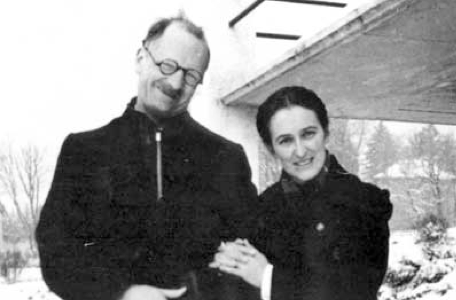Page 149 • (3,056 results in 0.03 seconds)
-
253.535.7699 (Economics and Sociology & Criminal Justice) 253.535.7400 (Mathematics and Psychology) Statistics (STAT), a branch of applied mathematics, studies the methodology for the collection and analysis of data and the use of data to make inferences under conditions of uncertainty. Statistics plays a fundamental role in the social and natural sciences, as well as in business, industry, and government.The Statistics program is offered cooperatively by the Departments of Economics
-
Relations70OctoberPI Athletic Awards Banquet AthleticsOctoberPI Fall Preview Day Admission & Enrollment Services600OctoberPI, CP, PS Annual Dale E. Benson Lecture Division of Social Sciences150-200OctoberPI Internship, Volunteer, and Job FairCareer ConnectionsOctober Board of RegentsOffice of the President70OctoberPI, CP David and Marilyn Knutson Lecture Religion Department150-200OctoberPI Powell-Heller Conference for Holocaust EducationHolocaust and Genocide Studies Programs350Fall 2016PI Family Weekend Office of
-
questioning, the preparation of citizens in service to the world, and its own ongoing reform. They express and support what rightly rests at the center of personal and national life: a vibrant intellectual tradition committed to asking significant questions. 1. Critical questioning of current knowledge and values Early in his academic career, Martin Luther gained a reputation for questioning the economic, educational, political, religious, and social norms which many of his peers took for granted. Such
-

on her mother’s. She was a descendant of one of the Decembrists, the early 19th century social justice revolutionaries in Russia. Hewett remembers her mother as a passionate idealist and natural social worker. André and Magda met in the mid-1920s while studying in New York City, he at Union Theological Seminary and she at the New York School of Social Work. Six weeks after meeting, they were engaged. “They were two people from different places with the same ideas about serving humanity and doing
-
their existing values – as a result of their experiences in your course. Possible Assessment Procedures: Personal reflections Standardized questionnaires, for example, about interests, attitudes, or values Learning portfolios Human DimensionThis has two aspects: the Personal Dimension (Self) and Social Dimension (Others) Personal Dimension: Information about this dimension can be elicited in two basic ways: Personal reflections Standardized questionnaires, on factors such as self-confidence, can be
-

Square in mid-November, investigates the multiple challenges to U.S. and Canadian waterways, more than 50 percent of which are threatened by overpopulation, urban and rural water pollution, climate change and more. Produced by a team of seven PLU undergraduate students, “Changing Currents” received five Accolade Awards of Merit in the Documentary Short, Use of Film / Video for Social Change, Original Score, Editing and Title/Credit Design categories. “Changing Currents” was also recognized with an
-
) EDUC 791: Program Evaluation Applied Project & Seminar (4) 2025-26 Academic Year TermCredit Hours Summer 20252 courses (5 credits) EDUC 761: Educational Leadership: Equity and Social Justice (3) EDUC 792: Applied Project Seminar (2) Fall 20252 courses (7 credits) EDUC 762: Educational Leadership: Systems Leadership (3) EDUC 793: Instructional Leadership and Equity Applied Project & Seminar (4) Spring 20262 courses (6 credits) EDUC 794: Instructional Leadership and Equity Applied Project & Seminar
-
literature and film. Special attention will be given to recent developments and cultural shifts within the Francophone context. The course aims to deepen students’ understanding of the dynamic nature of popular culture and its significance in shaping identities, communities, and global perspectives. It is an elective for the Global Studies major (Development and Social Justice concentration) and can count for the major in Gender, Sexuality, & Race Studies and the minor in Critical Race Studies. French
-

Education Teacher Collaborative Learning Social Foundations of Education History of Education Selected Articles Jones, S., Sutton, P. S.. ""Doing equity work while black in a culturally white school district."." Phi Delta Kappan 2021: 103(1), 38-42. Sutton, P. S., Shouse, A. W. . ""Tending to the “deep rules” of teacher collaboration."." Commentary found in Teachers College Records 2020: Sutton, P. S., Knuth, R.. " "How high school departments impact school improvement initiatives." ." Journal of
Area of Emphasis/Expertise -
, and oceans that compose her novels without wallowing in despair. Instead, our project seeks to spark a lively conversation through social annotation and to create a space for reflection. Climate activists have taught us that our troubles cannot be solved by one or just a few individuals. Rather, these times call on us to collaborate. So, we turn to collaborative reading to raise old and new questions. Social annotation involves the collaborative creation of digital notes on the margins of a text
Do you have any feedback for us? If so, feel free to use our Feedback Form.


